GRADUATE Program
Advisor search
Filter by Keywords · Research Field
Advisor list by field
Foundations of Informatics
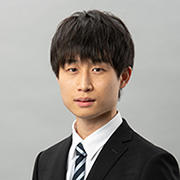
FUJII Kaito (Assistant Professor)
fujiik (at) nii.ac.jp
Research Keywords : Algorithms, Machine Learning, Combinatorial Optimization
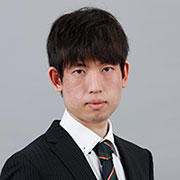
HIRAHARA Shuichi (Associate Professor)
s_hirahara (at) nii.ac.jp
Research Keywords : P versus NP Problem, Kolmogorov Complexity, Minimum Circuit Size Problem, Pseudorandomness, Computational Complexity Theory

KAWARABAYASHI Ken-ichi (Professor)
k_keniti (at) nii.ac.jp
Research Keywords : Algorithms, Graph Theory, Heoretical Computer Science, Discrete Math
We also consider their algorithmic applications. Most likely, the following topics will be covered.
1. Perfect graphs and its applications.
2. The Four Color Theorem and its generalization.
3. Structural Graph Theory.
4. Disjoint paths problem and Network
5. Matching theory and its applications
6. Graph Minor Theory and its applications.
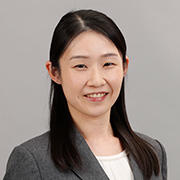
KISHIDA Masako (Associate Professor)
kishida (at) nii.ac.jp
Research Keywords : Control theory, Applied mathematics, Deep learning, Stochastic control, Continuous optimization

KUROIWA Ryo (Assistant Professor)
Research Keywords : Algorithms, Graph Search Algorithm, General-Purpose Solver, Combinatorial Optimization
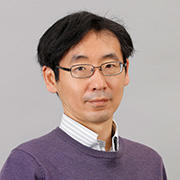
MATSUMOTO Keiji (Associate Professor)
keiji (at) nii.ac.jp
Research Keywords : Entanglement, Information theory, Statistics, Quantum information, Quantum computation
Indeed, it contradicts with many basic concepts which information sciences are based on. Therefore, it is necessary to built new information sciences to be consistent with quantum mechanics, which is fundamental law of the nature. Recently, it has been found out that quantum information processing has wide range of application to technologically important problems, such as integer factoring, secure communication and so on. In this lecture, starting from basic concepts, we review the recent developments of the field. The audiences of the lecuture are expected to be familiar with elementary linear algebra, probability, and information theory, but no background in quantum mechanics.
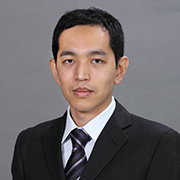
SOEDA Akihito (Associate Professor)
soeda (at) nii.ac.jp
Research Keywords : Quantum algorithms, Quantum information theory
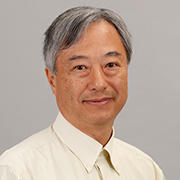
TATSUTA Makoto (Professor)
tatsuta (at) nii.ac.jp
Research Keywords : Software verification, Programming logic, Lambda calculus, Type theory, Constructive logic
1. Type theory (higher order type theory, type inference, Curry-Howard isomorphism, inductive types)
2. Constructive logic (constructive set theory, inductive definitions, realizability interpretations, linear logic)
3. Theory of programs (program verification, program synthesis, program transformation, lambda-calculus)

UNO Takeaki (Professor)
uno (at) nii.ac.jp
Research Keywords : Algorithms, Data engineering, Data mining, Optimization, Computation
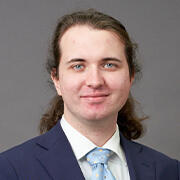
WELLNITZ Philip (Assistant Professor, Principles of Informatics Research Division)
wellnitz (at) nii.ac.jp
Research Keywords : Algorithms, Counting Problems, Algorithms on Strings, Fine-grained Complexity Theory
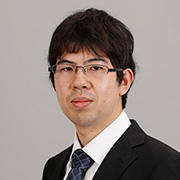
YOSHIDA Yuichi (ProfessorAssistant -General)
yyoshida (at) nii.ac.jp
Research Keywords : Algorithms, Theoretical Computer Science, (Combinatorial) Optimizations
Information Infrastructure Science
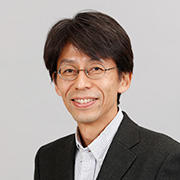
AIDA Kento (ProfessorVice -General)
aida (at) nii.ac.jp
Research Keywords : Internet of Things (IoT), Cloud Computing, Parallel and Distributed Computing
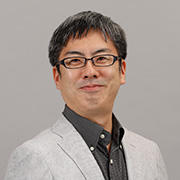
FUKUDA Kensuke (Professor, Information Systems Architecture Science Research Division)
kensuke (at) nii.ac.jp
Research Keywords : Internet protocol, Traffic measurement, Network science
1. The research area includes an efficient Internet architecture based on the statistical aspect of temporal and spatial dynamics appeared in the Internet.
2. Statistical properties of Internet topology and efficiency of information flows on the network
3. A novel Internet architecture based on statistical properties of the Internet.
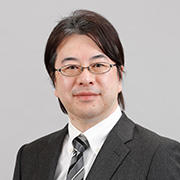
GOSHIMA Masahiro (Professor)
goshima (at) nii.ac.jp
Research Keywords : Computer Architecture, Security Architecture, Digital Circuit, Microarchitecture
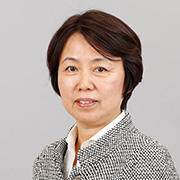
JI Yusheng (Professor)
kei (at) nii.ac.jp
Research Keywords : Network Resource Management, Mobile computing
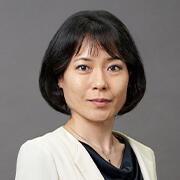
KANEKO Megumi (Professor)
megkaneko (at) nii.ac.jp
Research Keywords : Internet-of-Things (IoT) wireless systems, Mobile Networks, Wireless communications

KITAGAWA Naoya (Associate Professor)
Research Keywords : IoT Systems, Network Systems, Network Security

KOIBUCHI Michihiro (ProfessorAssistant -General)
koibuchi (at) nii.ac.jp
Research Keywords : System Area Networks, Network-on-Chip, High-Performance Computing, Parallel computers, Interconnection networks
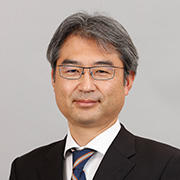
KURIMOTO Takashi (Professor)
tkurimoto (at) nii.ac.jp
Research Keywords : Network node architecture, Network protocol
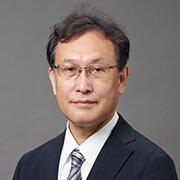
SATO Hiroyuki (Professor)
schuko (at) nii.ac.jp
Research Keywords : Internet Trust, Decentralized Autonomous Network
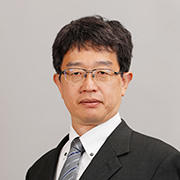
TAKAKURA Hiroki (Professor)
takakura (at) nii.ac.jp
Research Keywords : Cyber Security, Resilience, High Performance Network
– Attack prevention
– Early detection and containment
– Network management
are studied to protect our important information and systems, to minimize the damage of a cyber attack and to support business continuity and swift recovery. Also we develop methods to realize secure environment for critical infrastructure and IoT (Internet of Things).
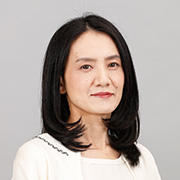
TAKEFUSA Atsuko (Professor)
takefusa (at) nii.ac.jp
Research Keywords : Internet of Things (IoT), Inter-cloud, Edge Computing, Cloud Computing, Parallel and Distributed Computing, Resource management technologies
Software Science
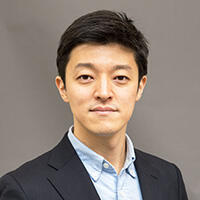
AOKI Shunsuke (Assistant Professor)
aoki (at) nii.ac.jp
Research Keywords : Internet of Things (IoT), Cyber Physical Systems, Real-time systems, Mobile Robots, Embedded Systems, Autonomous Driving
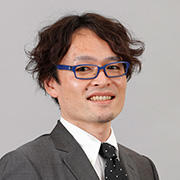
HASUO Ichiro (Professor)
hasuo (at) nii.ac.jp
Research Keywords : Automaton, Category theory, Formal methods, Optimization, Machine learning, Cyber-physical system, Logic
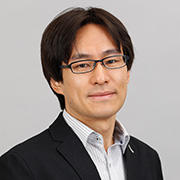
ISHIKAWA Fuyuki (Associate Professor)
Research Keywords : AI4SE, SE4AI, Software Engineering, Testing, Modeling

KATO Hiroyuki (Assistant Professor)
kato (at) nii.ac.jp
Research Keywords : XML, XQuery, Database, Functional programming
1. From a functional programming point of view, program composition or program transformation on XQuery which is a functional query language standardized by the W3C.
2. From a data engineering point of view, XML application techniques such as Topic Map or RDF are studied.

KITAMOTO Asanobu (Professor)
kitamoto (at) nii.ac.jp
Research Keywords : Open science, Digital archives, Data-driven science, Digital humanities, Earth environment informatics, Image processing
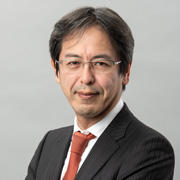
SATOH Ichiro (Professor)
ichiro (at) nii.ac.jp
Research Keywords : OS, Cloud Computing, Middleware, Ubiquitous computing
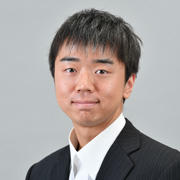
SEKIYAMA Taro (Associate Professor)
sekiyama (at) nii.ac.jp
Research Keywords : Programming Languages, Type Systems, Formal Verification, Machine Learning
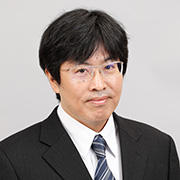
TAKASU Atsuhiro (Professor)
takasu (at) nii.ac.jp
Research Keywords : Sensor Data Analysis, Text Mining, Data Engineering
Second, we are studying efficient algorithm for tree matching. Tree structure is very useful and it is used for representing various data such as semi-structured text and computational biology. We are interested in developing an indexing method for matching trees in large tree databases. Recently, we begin the study of stream data mining from sensor streams and log data.

WATANABE Kazuki (Assistant Professor)
Research Keywords : Program Verification, Category theory, Formal Verification, Optimization
Multimedia Information Science

ARAI Noriko (Professor)
arai (at) nii.ac.jp
Research Keywords : Knowledge Sharing, Knowledge Base, Reading
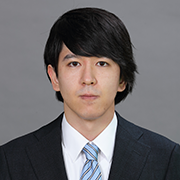
ASANO Yuta (Assistant Professor)
asanoy (at) nii.ac.jp
Research Keywords : 3D reconstruction, Computer Vision, Image processing
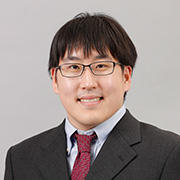
IKEHATA Satoshi (Associate Professor)
sikehata (at) nii.ac.jp
Research Keywords : 3D reconstruction, Computer Vision, Deep learning, Multi-view stereo, Photometric stereo
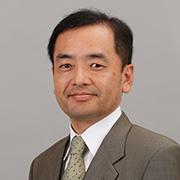
KATAYAMA Norio (Associate Professor)
katayama (at) nii.ac.jp
Research Keywords : Multimedia information processing, Multimedia information retrieval
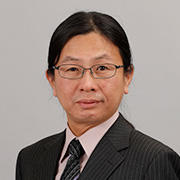
KODAMA Kazuya (Associate Professor)
kazuya (at) nii.ac.jp
Research Keywords : Image/Video Coding, Visual Communications, Image Sensing, Image Restoration/Reconstruction
1. image enhancement by merging multiple visual sources
2. image/video transformation/coding by statistical signal processing
3. application to visual communication systems
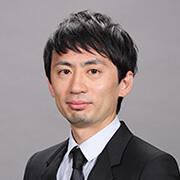
KOYAMA Shoichi (Associate Professor)
skoyama (at) nii.ac.jp
Research Keywords : Active control, Physics-informed machine learning, Spatial audio, Inverse problem, Acoustic signal processing

MO Hiroshi (Assistant Professor)
mo (at) nii.ac.jp
Research Keywords : Pattern Recognition, Video content analysis
1. Basic theory of feature extraction and pattern recognition on image/video
2. Content analysis for image/video retrieval
3. Application system based on image/video processing
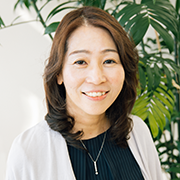
SATO Imari (Professor)
imarik (at) nii.ac.jp
Research Keywords : Image-based Modeling and Rendering, Computational Photography
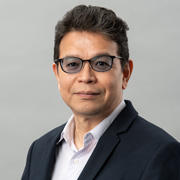
SUGIMOTO Akihiro (ProfessorActing -GeneralVice -GeneralHead, RSOGLO )
sugimoto (at) nii.ac.jp
Research Keywords : Computer Vision, Digital Geometry, Human-Computer Interaction
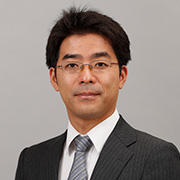
YAMAGISHI Junichi (Professor)
jyamagis (at) nii.ac.jp
Research Keywords : Media Forensics, Machine Learning, Biometrics, Speech-based human machine interaction, Speech database, Speech information processing
1. statistical learning using large-scale voice data streams,
2. speech assistive technologies to improve the quality-of-life (QoL) of individuals with vocal or hearing disabilities, and
3. context-aware reactive and adaptive speech synthesis. We shall conduct such innovative speech research that contributes to both the society and the academic field in cooperation with the Centre for Speech Technology Research, University of Edinburgh, UK.
Intelligent Systems Science
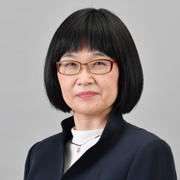
AIZAWA Akiko (Professor, Digital Content and Media Sciences Research Division)
Research Keywords : QA, Dialogue Systems, Semantic Parsing, Document Analysis, Knowledge Acquisition, Natural Language Interface

BONO Mayumi (Associate Professor)
bono (at) nii.ac.jp
Research Keywords : Conversation analysis, Conversational informatics, Sign language, Utterance, Social Interaction, Sociolinguistics, Embodied Action

HUANG Lang (Assistant Professor)
Research Keywords : Computer Vision, Multimodal Learning, Efficient Foundation Models, Efficient Learning Algorithms, Self-improving Machine Learning, Natural Language Processing
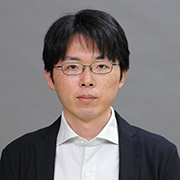
KOBAYASHI Taisuke (Assistant Professor)
kobayashi (at) nii.ac.jp
Research Keywords : Data-driven Control, Human-Robot Interaction, Machine learning, Intelligent Robots
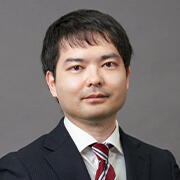
KURITA Shuhei (Assistant Professor)
skurita (at) nii.ac.jp
Research Keywords : Large Language Models, Language Understandings in the Real-World, Natural Language Processing, Natural Language Understandings and Computer Vision, Vision and Language Models
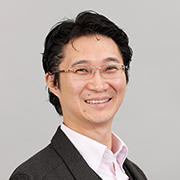
MIZUNO Takayuki (Associate Professor)
mizuno (at) nii.ac.jp
Research Keywords : Big Data, Human Behavior, Econophysics, Complex networks, Computational social science
1. Boom of product and asset market that information causes.
2. Interaction between regions causing real estate boom.
3. Connection between firms causing industrial boom.
4. Alleviation of excessive competition in the boom period

PRENDINGER Helmut (Professor)
helmut (at) nii.ac.jp
Research Keywords : Artificial Intelligence, Deep learning, Unmanned Aircraft Systems Traffic Management
1. Embodied interfaces that emulate aspects of human face-to-face communication by using animated interface agents, with applications in online product and information presentation, interactive computer-based services, e-learning, and interactive entertainment.
2. Virtual worlds like “Second Life” and Open Simulator as platforms for simulation, experimentation, visualization, collaboration, interaction, and co-experience.
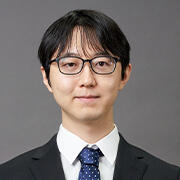
SATO Ryoma (Assistant Professor, Principles of Informatics Research Division)
rsato (at) nii.ac.jp
Research Keywords : Graph Theory, Data Mining, User-side Realization, Information Retrieval, Optimal Transport, Machine Learning
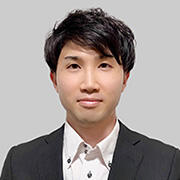
SHIGAKI Shunsuke (Assistant Professor)
shigaki (at) nii.ac.jp
Research Keywords : System Identification, Data-driven Control, Mechatronics, Intelligent Robots, Neuroethology
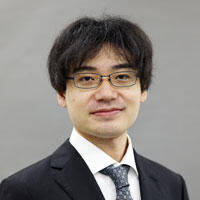
SUGAWARA Saku (Assistant Professor)
saku (at) nii.ac.jp
Research Keywords : Task Design, Machine Learning, Machine Reading Comprehension, Natural Language Processing, Natural Language Understanding, Computational Linguistics
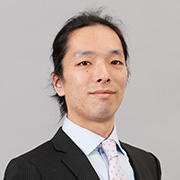
SUGIYAMA Mahito (Associate Professor)
mahito (at) nii.ac.jp
Research Keywords : Data mining, Bioinformatics, Machine learning, Knowledge discovery, Statistics

TAKEDA Hideaki (Professor, Principles of Informatics Research Division)
takeda (at) nii.ac.jp
Research Keywords : Community-Support System, Semantic Web, Knowledge Sharing, Design Theory
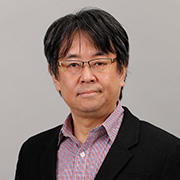
YAMADA Seiji (Professor)
seiji (at) nii.ac.jp
Research Keywords : Human-Agent Interaction, Human-Robot Interaction
– Design of intelligent agents
– Human-robot interaction
– Adaptation between humans
– Adaptation between a human and a robot
– Design of human-agent interaction
Information Environment Science
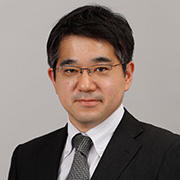
ECHIZEN Isao (Professor, Information and Society Research Division)
iechizen (at) nii.ac.jp
Research Keywords : Biometrics, Privacy, Multimedia security, Multimedia Forensics

KANDO Noriko (Professor)
kando (at) nii.ac.jp
Research Keywords : Text Processing, Information Access Technologies, Information Retrieval, Evaluation Methodology and Metrics

KATO Makoto (Associate Professor)
Research Keywords : Evaluation of Information Access Technologies, Information Retrieval, Retrieval Models
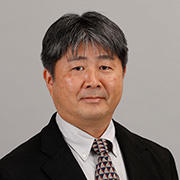
NISHIZAWA Masaki (Associate Professor)
nisizawa (at) nii.ac.jp
Research Keywords : Research trends, Scientmetrics, Statistical analysis, Bibliometrics
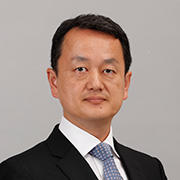
OKADA Hitoshi (Associate Professor)
okada (at) nii.ac.jp
Research Keywords : Electronic Commerce, IT-enabled Services, Electronic Money

SUN Yuan (ProfessorHead, NII Library)
yuan (at) nii.ac.jp
Research Keywords : Personalized Learning, Bibliometrics, Knowledge Tracing, Cognitive Diagnostic Modelling
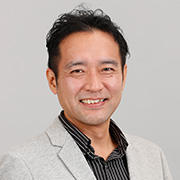
YAMAJI Kazutsuna (Professor)
Research Keywords : Open science, Database, Scholarly Communication, Research Data Management




